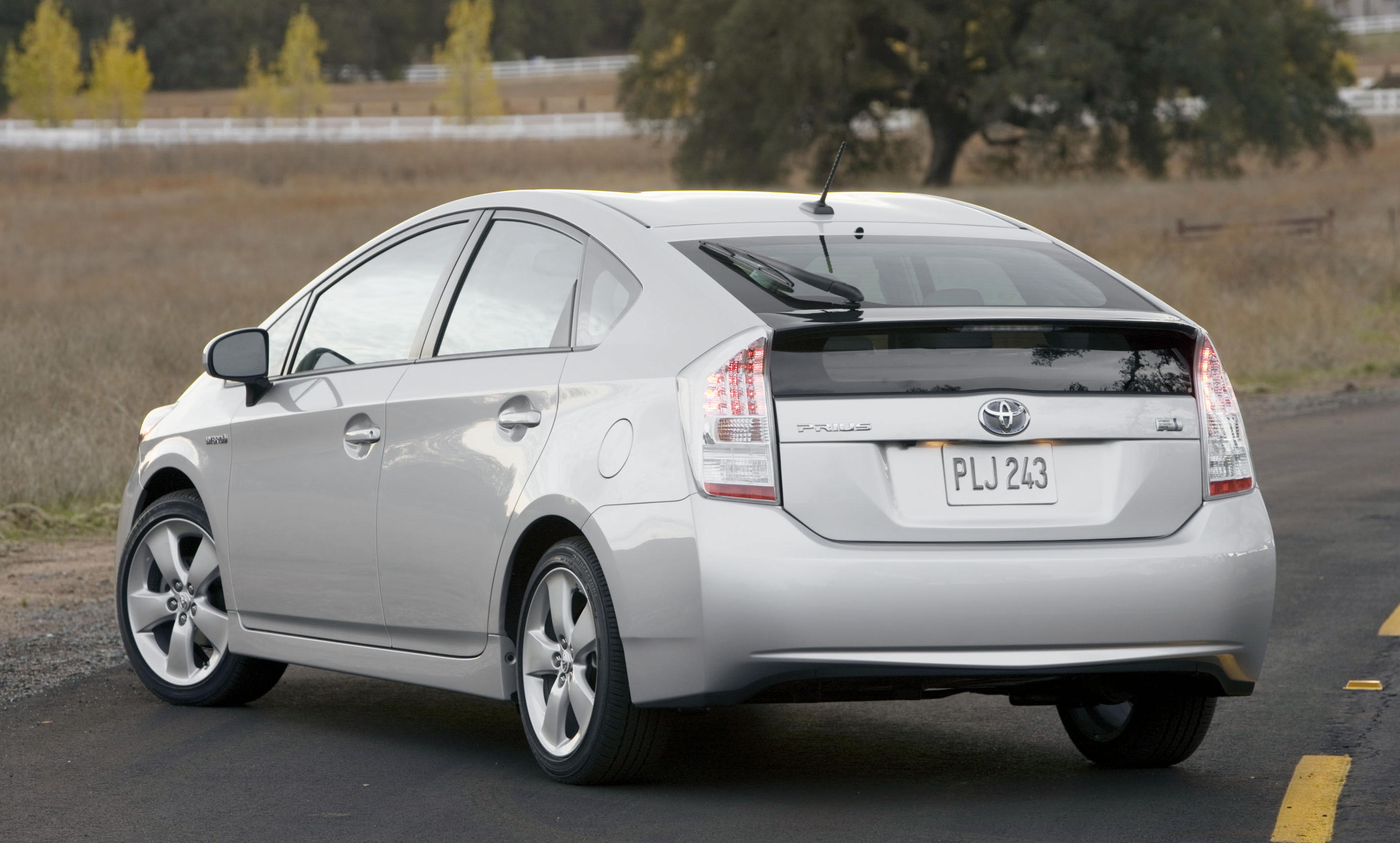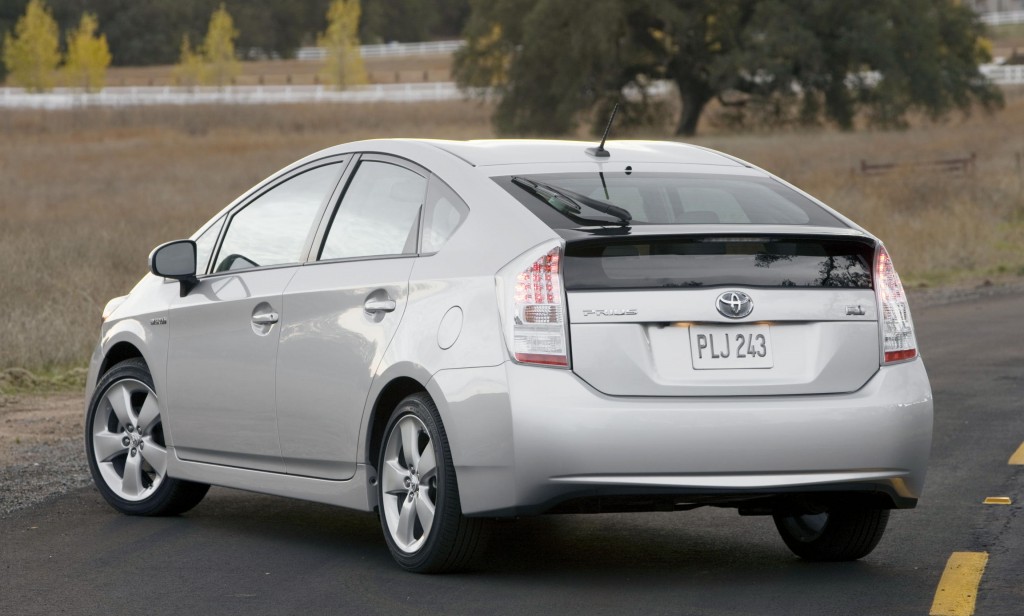

Campus Auxiliary Services (CAS) is currently gearing up for the introduction of a car-sharing program for students next semester.
According to Mary O’Leary, a fifth-year student hired to work on the project, CAS began discussing car sharing programs and eventually signed a contract with Connect by Hertz. The program allows participants to sign out a car online depending on availability.
“It’s very similar to the Zipcar program,” O’Leary said. “This is a popular program at larger universities, and my main goal is to make it work in the best way for this school.”
To participate, students would log in with an account that must be created prior to signing out a car on connectbyhertz.com, O’Leary said. There, she said participants will be able to choose a date and check the time and availability for signing out a car at the SUNY New Paltz location. Waiting lists will be generated online, as are notifications of when cars become available at a participant’s desire location.
At SUNY New Paltz, O’Leary said students will have the option of borrowing the larger Toyota RAV4 or the hybrid Toyota Prius, a “more fuel efficient option.”
Second-year art major Erin Healy said she thinks students who can’t bring their car to New Paltz or can’t afford one may be interested in these options.
“For certain people who can’t get their own car, whether it’s because of money or something else, this could be really convenient,” she said.
According to O’Leary, students will have the chance to borrow these cars at hourly rates, depending on demand. After registering for initial membership and paying a $25 application fee, participants will choose one of three options: Connect, Connect 50 and Connect 125.
Each of the different accounts is geared for taking the car out more or less, O’Leary said. She added that one would choose the one that best suits the amount of times they think they will want to sign out the car.
“You would pay as you need the car hourly,” she said. “Each plan is designed to lower your rate per hour if you are using the connect program more often.”
The rates range from $8 to $10 per hour, and the rate is dependent upon which Connect account a member have, according to O’Leary. Students will also be required to pay all fees before they can access the car.
If students are going to be late, they’ll be charged the full booking feeand additional over-run charges. These charges will be calculated in 15-minute increments, in addition to the late-fee charge of $50.
Although she said some students will show interest in car-sharing, Healy said others may not want to pay hourly rates when other forms of temporary transportation are available.
“I feel like many people might not use [the program] because there are taxis in New Paltz,” she said.
Those who do choose to borrow a vehicle through the program would be given a “Connect card” that acts as a personal key to the car. A fuel card is also included as a method of paying for the vehicle’s gas. In addition, a “never lost” in-car GPS system will be installed in both cars.
After having applied and been accepted to take on the job of being a student contact between Hertz and CAS, O’Leary is now working with CAS to develop a marketing calendar and strategies for reaching out to the student body about the program.
First-year students, who are not permitted to have cars on campus, said they look forward to learning more about this program. However, those like first-year psychology major Anne Concepcion said they still have concerns about Connect by Hertz.
“I know how much of a pain it is for me to run errands without a car, and I am the type of person who would rather walk than depend on a bus,” she said. “However, I feel like this might be a hit or miss type of thing because with cars, there is always an increased risk of accidents.”
O’Leary said she thinks these first-year students will be among those most attracted to the Connect by Hertz options at SUNY New Paltz. However, she also said students living on campus who may want to leave their cars at home or those off campus who need transportation for tasks like grocery shopping could benefit.
Citing herself as an example of a student who has a driver’s license but not a car, O’Leary said the car-sharing program can provide efficient means for alleviating the number of vehicles on campus and help students get around the area more easily.
“At times it would be nice to have a car,” she said. “This option can give students more independence; it’s nicer than having to always ask someone for a ride.”
Hertz will be sending a representative to join O’Leary for a question and answer session about the program at the next Council of Organizations meeting. A launch of the program at SUNY New Paltz has already been planned for next semester, and students will have the opportunity to register with Connect by Hertz at an enrollment drive slated for early February. The cars will arrive on campus in January.
